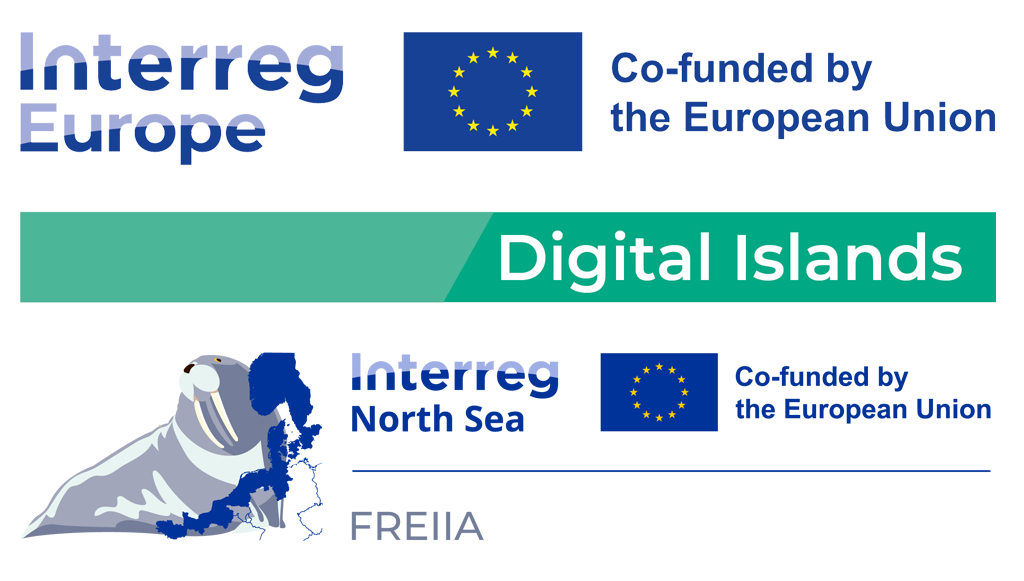In 1997 the Fryslan region decided to select “Water” as specialization for its innovation development. With a leading role for the government (Province) and various drinking water and water treatment companies in the network, including links to outsidescientific institutes, in 1999 theWater Society was established.
In 2000, the experimental “Water Campus” was created including the regional polytechnics. From 2003 on an own university- level science institute, WETSUS -now European water centre of excellence- became an important stakeholder in the network. Today ca. 120 members, mostly smaller companies, are part of the “Water Alliance” of Fryslan. Starting with a budget of € 10.000 in 1999, the accumulated turnover of the whole network is now € 400 Million and fastly growing, with WETSUS as scientific R&D nucleus.
In hindsight, the Province of Fryslan has not only played an essential role in initiating the development, co-creating the network, active facilitating in funding and lobbying, but also maintaining an active cooperation attitude over the longer term, to make “Water” a programmatic Frisian innovation success. The Frisian Wadden Islands (Vlieland, Terschelling, Ameland and Schiermonnikoog) are relevant testbeds for the various innovations in the water technology area, as active co- providers of pioneer tourist- and event-related markets. For instance the Munipality of Schiermonnikoog cooperates closely with Vitens water company on the island, in realising a solar power park for all Vitens pumps and other installations. Moreover, with the establishment of the UN Climate Adaptation institute at the Fryslan Campus of the University of Groningen, further water related testbed projects are expected.
Sources:
Schiermonnikoog – schiermonnikoog.nl
University College Fryslan – rug.nl
Example of strategy 7C:
Special Regional Arrangements
In pioneering islands’ practices, we can also find approaches in whichlarge companies successfully test their new, sustainable technologies with island experiments. Often, the testing involves a crucial role with respect to the user experience, as well as learning trajectories for island engineers, installers, and other technical disciplines as early adopters.

